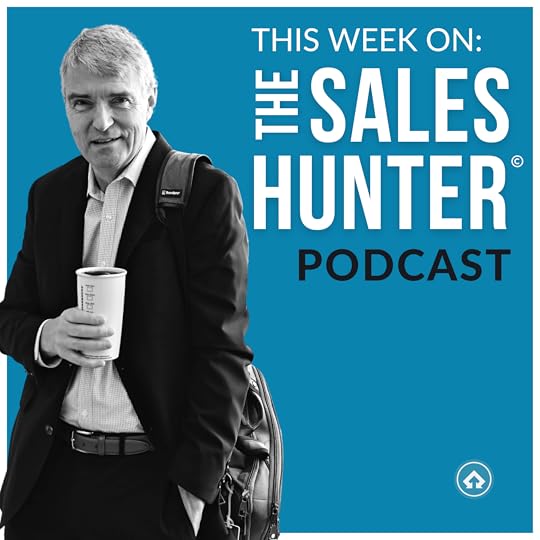7 Strategies to Sell in a Tariff-Driven Economy
Tariffs are now a regular part of business conversations. They’ve reshaped how we think about supply chains, pricing, and customer relations. While they’ve created uncertainty, they’ve also presented new opportunities—especially for those who adapt fast.
Let’s break down seven critical strategies for selling in a tariff-driven economy. These tips will help you stay grounded, serve your customers better, and position yourself as a trusted expert in turbulent times.
1. Mindset Matters More Than EverYour mindset is your foundation. If you approach tariffs with negativity, it will affect your performance and your customer relationships.
Nobody likes tariffs, but they’re part of the landscape for now. Focus on how you can help customers navigate them. Stay informed; be a resource. Customers need calm, knowledgeable partners who can help them find solutions—not people adding to their anxiety.
2. Stay Laser-Focused on Your Ideal Customer Profile (ICP)It’s tempting to chase new industries or markets when disruptions hit. Don’t!!
Your Ideal Customer Profile (ICP) is your anchor. These customers already trust you. Stick with them, because after the tariff storm settles, they’ll still be there—and they’ll remember who supported them. Shifting your focus might leave you with nothing if the market pivots again.
3. Go Downstream: Understand Your Customer’s CustomerWant to add massive value? Understand your customer’s customer.
By analyzing how your client’s customers are reacting to tariffs—what they’re buying, how their behavior is changing—you can help your clients adapt faster. This makes you more than a vendor; it makes you a partner in their success.
 4. Become the Expert Your Market Needs
4. Become the Expert Your Market NeedsUncertainty creates confusion. Confusion creates a vacuum. Fill it.
Study the current state of tariffs and economic forecasts. Share real-time insights. Let your customers know what’s happening today and what’s likely to happen next. By doing this, you position yourself as a thought leader and a trusted advisor.
 5. Communicate More. A Lot More.
5. Communicate More. A Lot More.In a volatile economy, silence is dangerous.
Customers are hungry for clarity and leadership. Be proactive with updates. Call more. Email more. Check in more. The more value you provide through communication, the more indispensable you become. And remember—calm, steady communication starts with a positive mindset (back to tip #1).
6. Keep a Sharp Eye on Your Supply ChainTariffs impact more than just product pricing—they affect availability, lead times, and even service delivery.
Even service-based businesses aren’t immune. If demand changes suddenly and your team or resources can’t keep up, your delivery suffers. Monitor your supply chain like your business depends on it—because it does.
 7. Play the Long Game
7. Play the Long GameShort-term panic leads to bad decisions. Long-term thinking leads to sustainable success.
Take a page from Warren Buffett’s book. He’s famously said that if the stock market closed for six months, it wouldn’t bother him. That’s long-term thinking—and it’s the mindset you need. Yes, we all need to hit our numbers this quarter, but don’t do it at the expense of next year’s business.
 The Power of Teamwork in Sales
The Power of Teamwork in SalesJoin Mark Hunter, as we challenge the notion that solo efforts can lead to sustained greatness.
Find episode #307 wherever you download podcasts!
Winning Customers with Emotionally Charged Experiences w/ Victor AntonioDiscover how AI is moving beyond simple search functionalities to becoming a vital part of complex problem-solving processes.
Episode #308 is out now!

Copyright 2025, Mark Hunter “The Sales Hunter” Sales Motivation Blog. Mark Hunter is the author of A Mind for Sales and High-Profit Prospecting: Powerful Strategies to Find the Best Leads and Drive Breakthrough Sales Results.
Mark Hunter's Blog
- Mark Hunter's profile
- 25 followers



